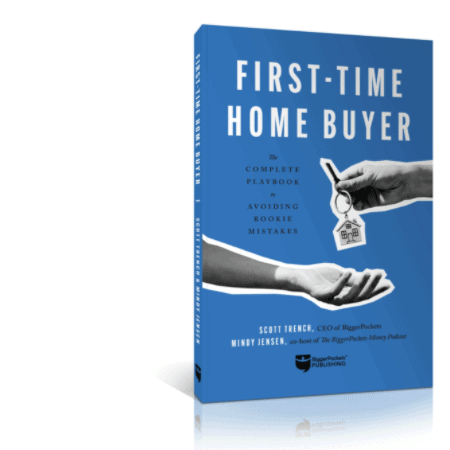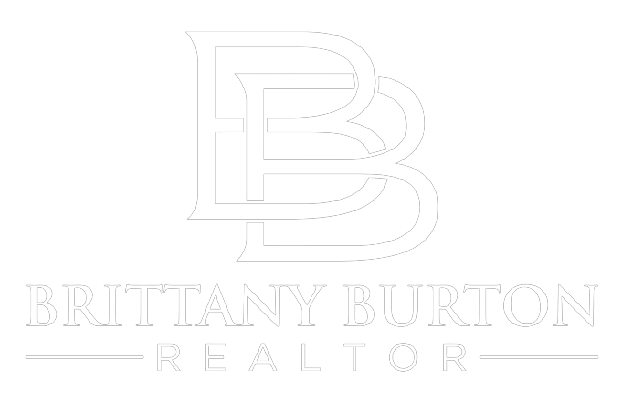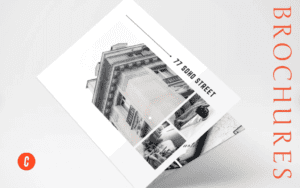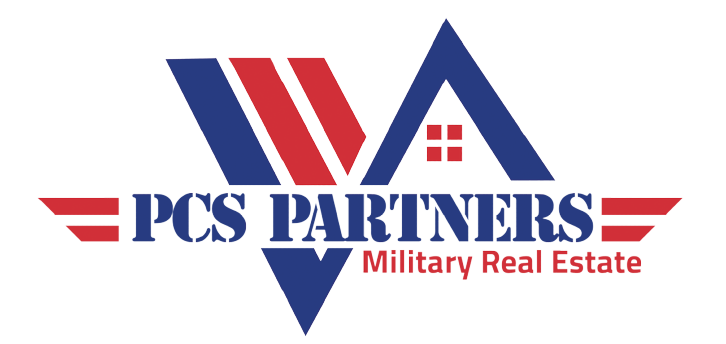The hardest part is over because you have found the right home. Now you have to negotiate the home purchase and determine your closing costs.
Closing costs are expenses incurred in the home buying process that typically amount to 2% to 5% of your loan-to-value, which can make them very expensive if you are buying an upscale property.
Borrowers may be able to reduce closing costs with the right negotiating strategy. Wondering How To Lower Closing Costs? Here are several tips to try before signing off on your purchase.
What are closing costs?
Closing costs are the fees that are incurred when finalizing a real estate transaction on the sale or purchase of a home. These charges are payable once the property is transferred in your name. Homebuyers and sellers both pay closing costs, but who pays which closing costs and how much varies.
A home loan amount, location of a property and credit score of a home buyer are some of the factors that determine the closing cost. Some state laws also require professional services which increase the closing costs of the transaction.
Many closing costs are negotiable between homebuyers, sellers and mortgage lenders. If you are buying a property, it is important to research and shop for a home loan before choosing a lender.
More on buying a home from BiggerPockets
Can closing costs be negotiated?
Some negotiation is possible, and the following includes ways to possibly reduce your closing costs.
Have you reviewed your loan estimate form?
Before you close on your home, your chosen lender will provide you with a contract that will include all the details of the agreement. In it, you’ll find information like your monthly payment amount and interest rate, as well as the percentage remaining for closing costs. Remember that things like a low credit score can contribute to a higher interest rate, so try to go above the minimum credit score.
Upon reviewing these numbers, you may find that your closing costs exceed the amount you want to pay. Don’t hesitate to shop around for other banks and lenders who may offer you a better deal, including lower closing costs.
Did You Research Lender Fees?
Double-check the lender fees you pay to get your loan, as you can sometimes save money here too. Your lender will charge an origination fee. You probably can’t get out of paying it, but your loan agreement may include other negotiable fees. There’s no harm in asking your lender about these.
This is an area in which it will be helpful to have other loan prospects for reference. If your chosen lender charges more, show them your options and negotiate a lower rate or move to a new lender.
Do you know what you are paying for?
It’s important to understand closing costs before starting negotiations. Of course, you have responsibilities as the buyer – you’ll need to pay application fees, attorney fees, credit report fees, and more. But you also need to know what the seller must cover at his end of the deal.
For example, they should contribute to closing costs, especially when the market is working in the buyer’s favor. To that end, the seller must cover real estate agent commissions as well.
Can You Add Closing Costs to Your Mortgage?
You can reduce or avoid prepaying closing costs by adding them to your mortgage. Some lenders will be open to this option, wherein they pay the closing costs for you upfront and then factor that amount into your home loan.
This will save you cash in the short term, but you’ll end up paying more for your closing costs over time because your loan repayments will come with additional interest.
Have you looked for financial aid?
First time home buyers can get some financial relief on the purchase of property. Several grants can help reduce the cost of the home buying process to encourage more people to enter the real estate market.
For example, if you choose a loan to buy one of Fannie Mae’s foreclosure properties, you may be eligible for as low as 3% down-cost. There are also loan programs for people who have, for example, a poor credit history, a low down payment, or veteran status.
Local governments or non-profit organizations may also provide grants for the home buying process. These programs mostly favor first-time home buyers, and they help cover your down payment and/or closing costs.
Did you research the vendors?
As soon as you receive your loan, go to the part where it describes the vendors who can help you through the closing process. Sometimes the ones chosen by your bank may charge you more.
Do your due diligence to make sure you have the least expensive vendors possible. You can ask your lender about other potential vendors that they may not have listed on the loan. This research can save you hundreds of dollars in closing costs.

Buy your first home with open eyes
Dodge the world’s most common financial trap! Learn from BiggerPockets CEO Scott Trench and podcast co-host Mindy Jensen how buying your home can destroy your wealth… or create more.
how to reduce closing costs
When figuring out how to reduce closing costs, it’s most important to understand where you can save money. Even though every real estate deal is different, there are typical closing costs that homebuyers can expect.
Application fee: Before applying for a mortgage, ask your lender whether they charge an application fee. If so, make sure you understand what’s involved. Application fees are sometimes negotiable, but you may need to have leverage in your negotiating. Hence it is necessary to shop around and know what other lenders charge for the application fee.
Evaluation: In most deals, you will have to pay an appraisal company to assess the fair market value of the property. Sometimes though, you may not have to pay this fee, so be sure to discuss with your lender.
Association Dues: If you are buying a property in a homeowner or condo association, you may be required to pay your annual association dues at closing. The buyer and seller can split this cost, and if you buy a property in the middle of the year, you may have to pay only a proportionate amount of the association’s annual dues.
Attorney fees: Some states require an attorney to review the closing documents of a real estate transaction. If so, both the buyer and the seller have their own legal representation.
Shipping Charges: Your lender may use a courier to deliver the documents required to complete a transaction. Doing so may speed up the finalization of the transaction, but you may end up paying this courier fee.
Credit Report Fee: Your mortgage lender will run a tri-merge credit report. The reports are your credit score and history from the three major credit bureaus. Depending on the lender, you may not be charged for this, but you have to ask.
Discount Points: These “points” represent money you pay to your lender to get the lower mortgage rate. One discount point is equal to 1% of your home loan amount in return for a 25% reduction in your interest rate. For example, if you pay $1,000 to your lender on a $100,000 mortgage loan, your 4% interest rate drops to 3.75%.
It’s important to have a conversation with your lender about what your options are with these points, especially when points are not required. Using points makes sense on paper but paying more may not work for everyone. For those who don’t plan to stay in their home for long or are likely to refinance, this isn’t the best option.
Escrow Deposit and Fees: Many lenders require you to hold an escrow account for your expected property taxes and homeowner’s insurance premiums. Your lender makes your insurance and tax payments for you using the money you deposit in your escrow account.
If you need to set up an escrow account, a title company, escrow company, or an attorney will manage the process. They will charge a fee for doing this. Often, the home buyer and seller agree to split this cost. You can inquire about these costs in advance to make sure they are within your budget.
(Pro tip: It’s always a good tip to confirm with your city or county that your taxes have indeed been paid!)
Flood Hazard Assessment Fee: The US government requires a flood risk assessment for all real estate transactions. A third party handles the valuation, and they will charge you a fee for their service. If they determine that your property is in a flood zone, you will need to pay for flood insurance. Be sure to keep this potential expense in mind when choosing a property.
homeowners insurance: Homeowner’s insurance is generally not required by law, yet most lenders require it. It’s a good idea to have it in case of property damage, and you’ll usually pay your first year’s insurance premiums at closing.
Mortgage Broker Fees: You can hire a mortgage broker to help you find a mortgage loan. If you do, they will charge you a commission based on a percentage of your loan amount. It usually ranges between 0.5% and 2.75% of the purchase price of the property. To save money, you can look for a loan yourself.
Origination Fee: Most lenders charge a loan origination fee, which is usually 1% of your loan amount, while processing your home loan application. Not all lenders charge an origination fee, though, again, researching the different mortgage lenders is essential.
Private Mortgage Insurance (PMI): Lenders usually require you to carry private mortgage insurance if your down payment is less than 20% of your home loan amount. PMI covers you if you miss a mortgage payment. Lenders have varying PMI percentages, but they typically range from 0.5% to 2.3% of your loan amount. There are four ways to pay your PMI premium:
- Upfront: You pay the full cost of your PMI at closing.
- Split: You pay a portion of your PMI cost upfront, and your lender adds the remaining amount to your monthly mortgage payment.
- Monthly: You pay nothing on your PMI at closing, and your lender adds your entire PMI balance to your monthly mortgage payment.
- Lender-paid: Your mortgage lender covers your PMI costs in exchange for raising your interest rate; This method may save you money at closing but cost you more over time.
Recording Fee: Local governments will require a copy of your title before it will recognize you as the legal owner of the property. Your title company usually handles this transaction, and they will charge you for that service. However, this isn’t always the case, so be sure to ask.
Title Search Fee: Before you can buy a property, someone has to verify its ownership. A title company handles this process, ensuring that no one else can lay claim to the property after you buy it. The company charges a fee for this service, and it often comes with title insurance, which protects the buyer from future claims against the property. This fee varies by location and property; It ranges from $200 to $1,000. You can save money by finding a title company within your budget.
Overall, to save money, you should compare lenders and their fees to ensure that you are getting the best possible deal. You’ll see these charges on a document called the Closing Disclosure. These are different costs to consider when buying a home.
Note by BiggerPockets: These are the views expressed by the author and do not necessarily represent the views of BigPockets.




